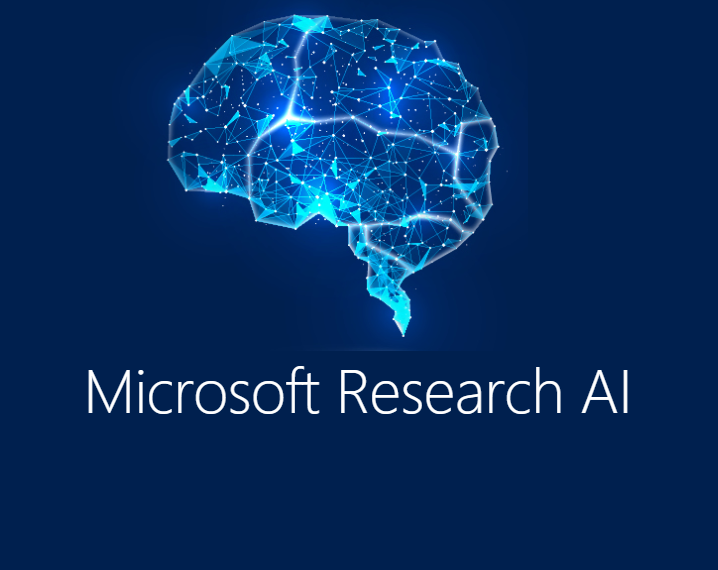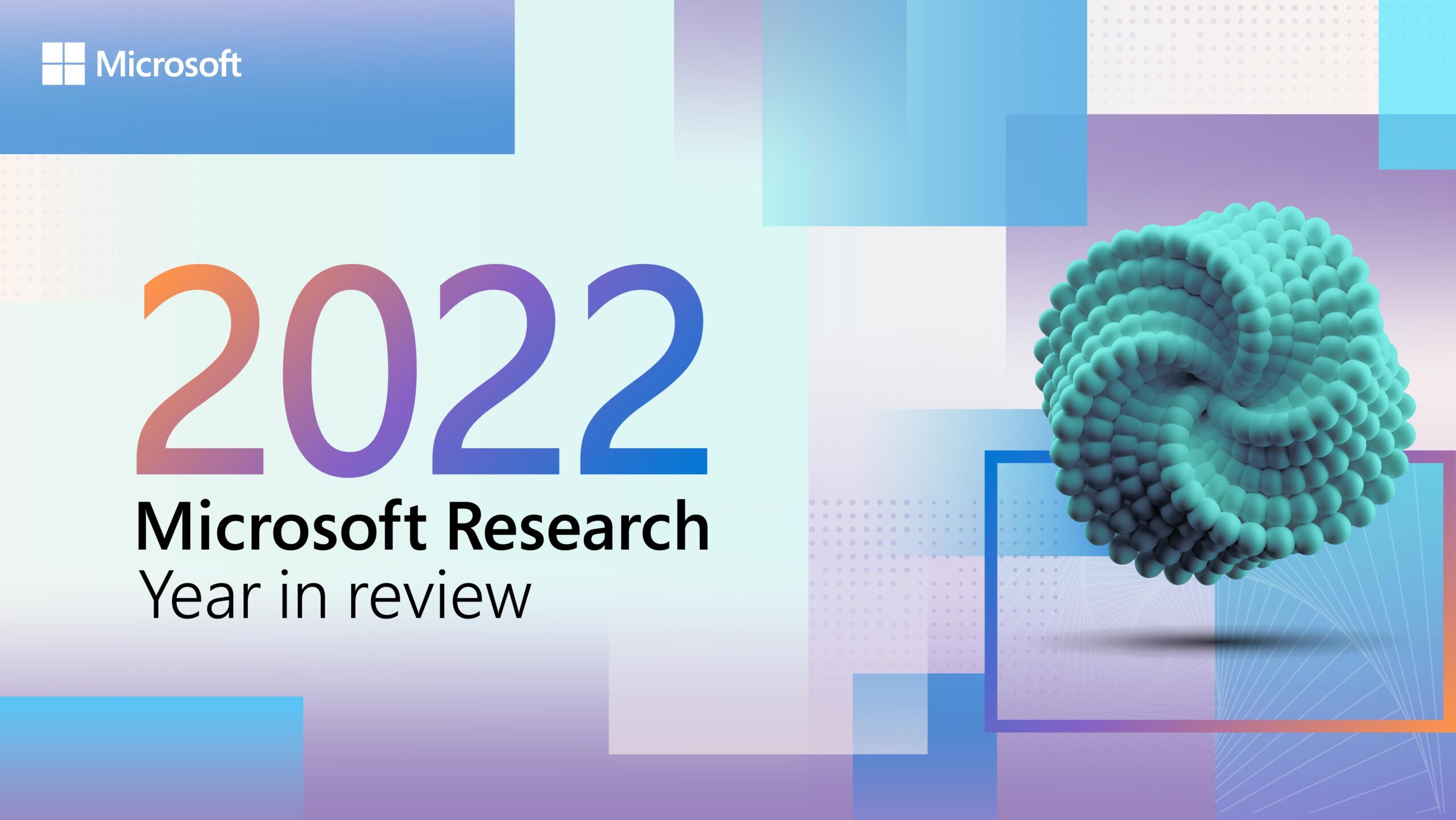Microsoft AI and Research: Paving the Future of Innovation
In the ever-evolving world of technology, artificial intelligence (AI) is one of the most transformative forces. Leading this revolution is Microsoft, with its groundbreaking work in AI research and development. Microsoft’s approach to AI focuses not only on creating smarter systems but also on ensuring these technologies are ethical, responsible, and accessible. Through continuous advancements in AI research, Microsoft is reshaping industries, improving lives, and enhancing business operations globally.
In this article, we will explore the Microsoft AI and Research division, its contributions to the AI field, and how it is driving forward-looking solutions for businesses, governments, and everyday users alike.

What is Microsoft AI and Research?
Microsoft AI and Research is the division of Microsoft dedicated to advancing the state of artificial intelligence. The division combines AI innovation, research, and development to create tools, frameworks, and solutions that drive intelligent systems. From developing natural language processing (NLP) models to pioneering machine learning techniques, Microsoft’s AI research focuses on empowering industries with scalable, cutting-edge technologies.
Key areas of focus within Microsoft AI and Research include:
- Machine Learning (ML)
- Natural Language Processing (NLP)
- Computer Vision
- Speech Recognition
- Ethical AI and Fairness
- AI in Cloud Computing
These areas help fuel innovations that impact everything from consumer experiences to large-scale enterprise solutions.
Microsoft AI: Revolutionizing Industries
1. AI in Healthcare
One of the most impactful areas where Microsoft AI is making a difference is healthcare. By using AI, Microsoft is enhancing the way healthcare professionals diagnose and treat diseases. With AI-driven diagnostics, patients can receive more accurate predictions about potential health risks. Microsoft’s AI-powered tools, such as Azure AI for healthcare, are helping doctors make data-driven decisions, increasing efficiency, and improving patient outcomes.
For example, Microsoft is working with healthcare organizations to provide solutions like predictive modeling for early disease detection, telemedicine support, and personalized healthcare plans. By integrating AI into the healthcare industry, Microsoft aims to improve not just patient care but also the efficiency of healthcare providers.
2. AI in Business Operations
Microsoft Dynamics 365, a suite of business applications, integrates AI to optimize operations. AI-powered solutions such as sales forecasting, customer insights, and inventory management allow businesses to make smarter decisions, reduce costs, and improve overall performance.
Microsoft’s Azure AI platform also provides businesses with tools to leverage AI capabilities for more advanced use cases, such as chatbots, predictive analytics, and automated workflows, which further enhance customer experiences and streamline internal processes.
3. AI in Education
Microsoft AI is also making strides in the education sector. By using AI-driven tools such as Immersive Reader and Reading Progress, Microsoft is helping students improve their literacy and comprehension skills. AI-powered solutions allow personalized learning experiences that adapt to individual student needs, making education more accessible and effective for diverse learners.
AI is also being used to develop intelligent tutoring systems, where students can receive real-time feedback and assistance, improving learning outcomes.

4. AI in Autonomous Systems
Self-driving cars are one of the most exciting applications of AI technology, and Microsoft Research is at the forefront of developing AI for autonomous systems. With projects like Project Brainwave, Microsoft is working to build advanced AI models that allow vehicles to make decisions in real time, improving safety, efficiency, and autonomy.
In addition to transportation, autonomous systems powered by AI are being applied to robotics, drone delivery, and other fields, helping industries become more efficient and reduce human labor in dangerous environments.
5. AI in Cloud Computing
Azure AI, Microsoft’s cloud platform, provides businesses with the tools to create and deploy AI models at scale. Azure Machine Learning enables companies to develop predictive models for a variety of applications, including demand forecasting, fraud detection, and customer segmentation. The ability to leverage cloud computing to handle large datasets and complex models makes Microsoft’s AI platform indispensable for businesses seeking scalable solutions.
Ethical AI and Responsible Research
As AI becomes more powerful, ensuring its responsible use is paramount. Microsoft AI and Research is committed to ethical AI practices, which are designed to ensure that AI systems are fair, transparent, and accountable. Microsoft’s AI principles focus on:
- Fairness: Ensuring AI systems treat all people equally.
- Accountability: Holding developers and organizations accountable for AI-driven decisions.
- Transparency: Ensuring that AI models are understandable and their decisions are explainable.
- Privacy and Security: Protecting personal data and ensuring privacy standards are maintained.
- Inclusiveness: Designing AI systems that are accessible to everyone, regardless of their background.
By upholding these principles, Microsoft is making sure that AI technologies benefit society as a whole and do not exacerbate existing inequalities.
AI for Social Good
Microsoft is leveraging AI not only for business and technology advancements but also for social good. The company’s AI for Good initiative focuses on using AI to address global challenges, such as climate change, healthcare disparities, and humanitarian crises. Some examples include:
- AI for Earth: Using AI to solve environmental problems, such as predicting and preventing natural disasters, improving crop yields, and reducing carbon footprints.
- AI for Accessibility: Developing AI-powered solutions that help individuals with disabilities lead more independent lives, such as voice recognition and smart home technology.
By committing to the social aspects of AI, Microsoft is ensuring that its research has a broader and more positive impact on the world.
Microsoft’s Role in Advancing AI Research
Microsoft’s investment in AI research goes beyond just product development. The company is heavily involved in advancing fundamental AI research across multiple disciplines. Microsoft Research is one of the world’s leading AI research organizations, producing groundbreaking work in areas such as:
- Deep Learning: Improving neural networks and developing advanced learning algorithms.
- Quantum Computing and AI: Combining quantum computing with AI to solve problems too complex for classical computers.
- Computer Vision: Enhancing the ability of machines to interpret and understand visual data.
- Natural Language Understanding: Improving machine comprehension of human language, enabling more human-like interactions with AI systems.
By pushing the boundaries of AI research, Microsoft is not only advancing the technology but also fostering the development of new methodologies and paradigms that will shape the future of AI.

Frequently Asked Questions (FAQs)
1. What are some notable AI innovations by Microsoft?
Microsoft’s AI innovations include Azure AI, Project Brainwave for autonomous systems, AI for Earth to tackle environmental issues, and AI for Accessibility to help those with disabilities.
2. How is Microsoft using AI to enhance business operations?
Microsoft uses AI in Dynamics 365 for sales forecasting, customer insights, and inventory management. Additionally, businesses can leverage Azure AI for predictive analytics, automation, and AI-powered solutions.
3. What is Microsoft’s approach to ethical AI?
Microsoft is committed to responsible AI practices, ensuring fairness, transparency, accountability, and privacy protection in AI systems. The company follows a set of AI principles to guide its development of ethical AI technologies.
4. How can AI benefit healthcare?
Microsoft’s AI tools are revolutionizing healthcare by improving diagnostics, predicting health risks, and enhancing patient care. AI can also streamline administrative tasks and personalize healthcare plans for better outcomes.
5. Is Microsoft’s AI accessible to businesses of all sizes?
Yes, Microsoft provides scalable AI tools through its Azure AI platform, making it accessible to businesses of all sizes, from startups to large enterprises.
Conclusion
Microsoft AI and Research is at the cutting edge of innovation, creating groundbreaking technologies that are transforming industries across the globe. Through its powerful AI solutions, Microsoft is not only advancing the state of the art in AI but also ensuring that these technologies are developed and deployed responsibly. From healthcare to business operations, autonomous systems, and social good, Microsoft’s AI is having a far-reaching impact.
By focusing on ethical AI and committing to research that pushes the boundaries of what is possible, Microsoft is shaping the future of AI in a way that benefits society as a whole. Whether you are a business looking to leverage AI for growth or an individual curious about AI’s future, Microsoft’s contributions are helping to pave the way for a smarter, more connected world.
For more information about Microsoft AI, visit the official Microsoft Research website.


